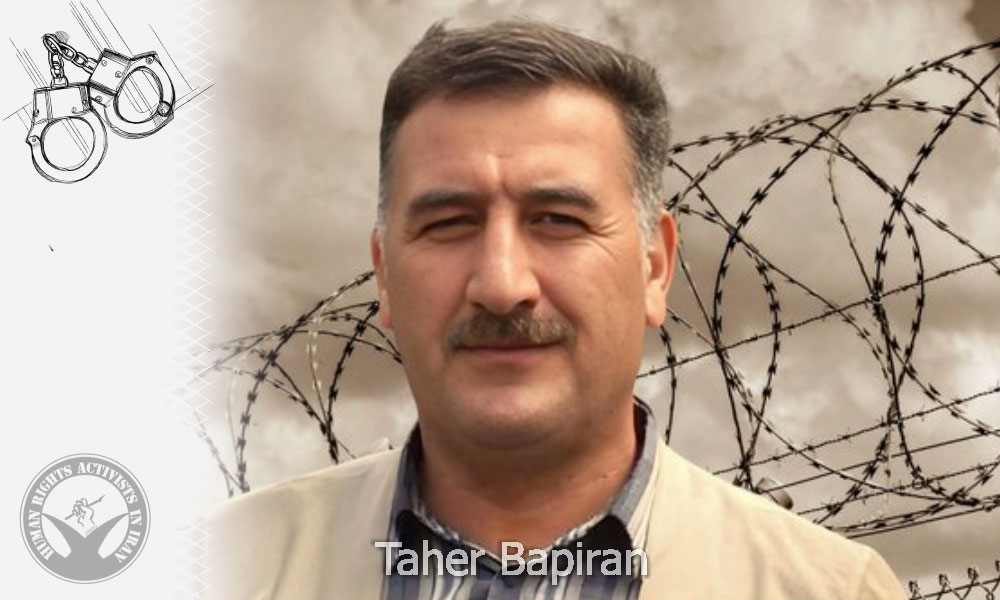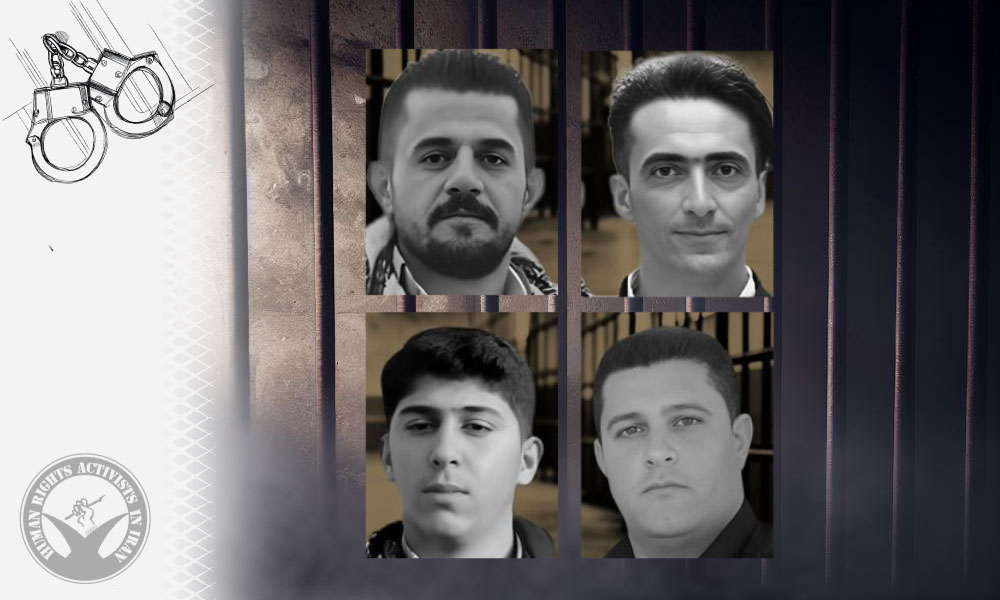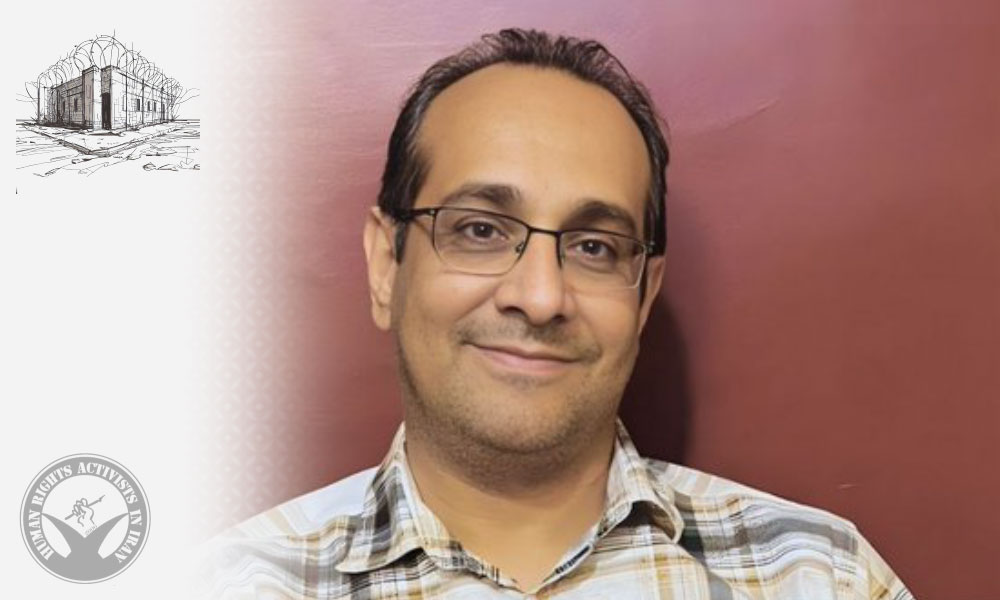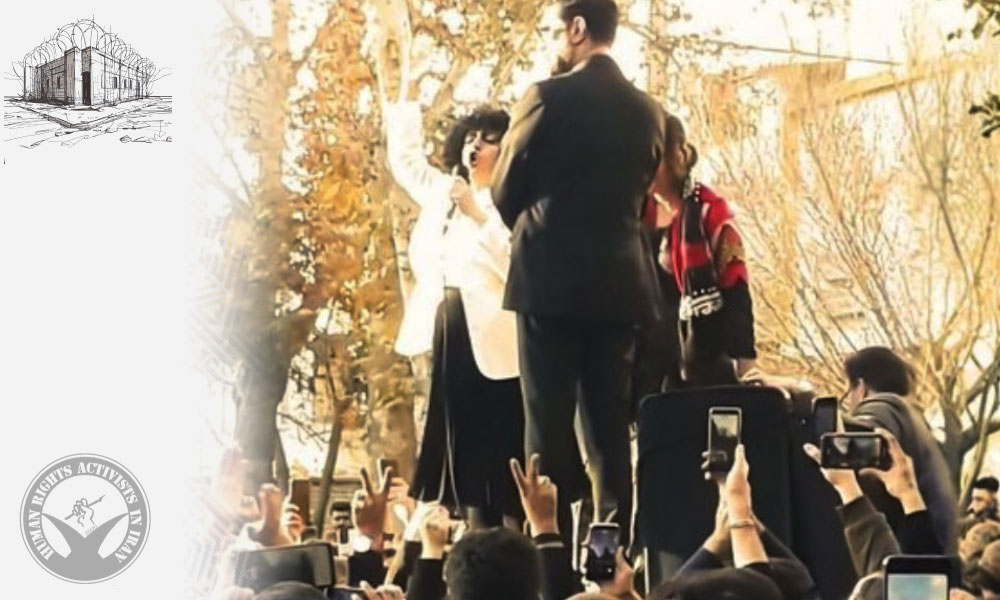Payam Vali, a Baha’i citizen, is currently serving a six-year sentence in Ghezel Hesar Prison, located in Karaj. He has been denied access to make a phone call to his family, as ordered by prison officials.
According to a reliable source who spoke to HRANA, Vali’s phone card has been blocked. He is also prohibitd from purchasing any item from the prison store. The source revealed that this prohibition was imposed after Vali gave a message via phone addressing the speakers of the Iranian Parliament.
In addition, another source close to Vali’s family informed HRANA that since late May, he has only had one visitation with his family. Furthermore, other prisoners have been threatened to refrain from providing Vali with their phone cards.
On September 24, 2022, security forces arrested Vali at his residence in Karaj, subsequently conducting a search of his house and detaining him in Rajai Shahr Prison. He was later relocated to Ghezel Hesar prison.
On May 10, 2023, the Alborz Court of Appeals sentenced Vali to six years for “collaboration with adversary countries,” three years and one month for “inciting people to commit violence,” and eight months for “propaganda against the regime.” According to Article 134 of the Islamic Penal Code, the first charge carries an enforceable prison term of six years. It is worth noting that Vali had initially been sentenced in February 2023 to ten, five, and one-year terms for the respective charges mentioned above.
According to HRANA annual report, from the full human rights reports regarding the violation of religious minorities’ rights, 64.63% belonged to the violation of the rights of Baha’is.
The deprivation of the freedom to practice their religion is a breach of Article 18 of the Universal Declaration of Human Rights and Article 18 of the International Covenant on Civil and Political Rights. The United Nations covenant holds that every person has the right to freedom of religion, freedom of converting religion, as well as freedom of expression, individually or collectively; openly or secretly.







